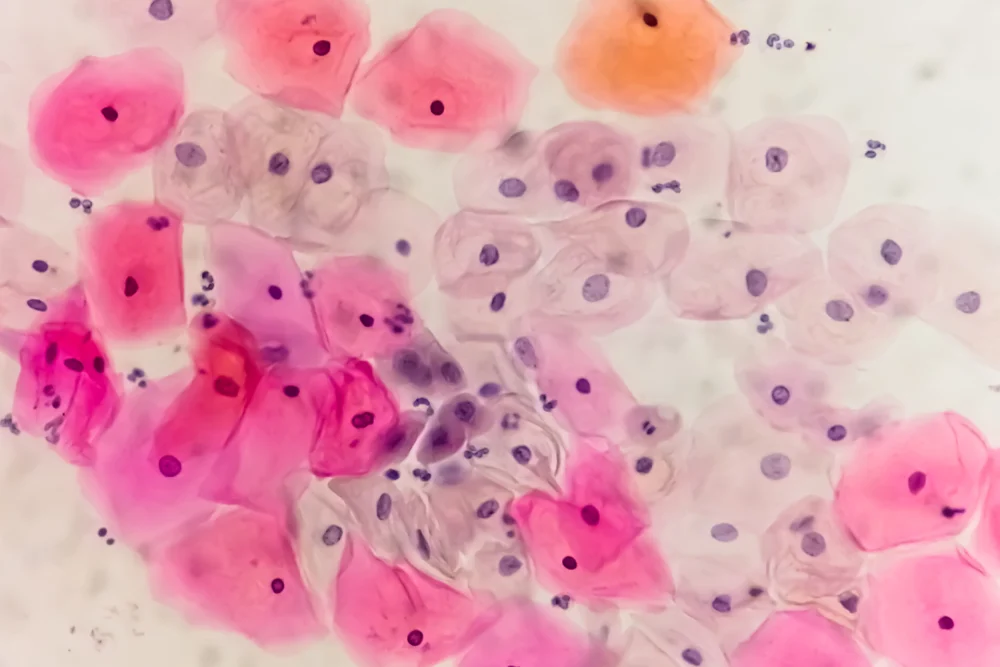A groundbreaking study has revealed that dolphins stranded along Florida’s Indian River Lagoon exhibit brain changes strikingly similar to those seen in Alzheimer’s disease. Researchers suggest that exposure to neurotoxins produced by harmful algal blooms, exacerbated by climate change, may be contributing to these neurological impairments.
Algal Toxins and Brain Damage
The study focused on 20 common bottlenose dolphins that stranded between 2010 and 2019. During periods of harmful algal blooms, these dolphins had brain concentrations of the neurotoxin 2,4-diaminobutyric acid (2,4-DAB) up to 2,900 times higher than those stranded during non-bloom periods. Elevated levels of other neurotoxins, such as β-N-methylamino-L-alanine (BMAA), were also detected.
These toxins are produced by cyanobacteria during algal blooms and have been linked to neurodegenerative diseases in humans. In dolphins, exposure to these toxins resulted in amyloid plaques, tau tangles, and TDP-43 inclusions—hallmarks of Alzheimer’s pathology. Additionally, gene expression patterns in the dolphins’ brains mirrored those associated with Alzheimer’s disease.
Climate Change and Increased Risk
The frequency and intensity of harmful algal blooms are increasing due to climate change and nutrient pollution from agricultural runoff. These blooms deplete oxygen levels in water and release toxins that accumulate in marine food chains, affecting top predators like dolphins. The study’s findings underscore the broader ecological impact of climate change on marine life and its potential implications for human health.
Implications for Human Health
Dolphins are considered environmental sentinels, meaning their health reflects the condition of their ecosystems. The evidence linking algal toxins to Alzheimer’s-like brain changes in dolphins raises concerns about similar effects on humans. In Miami-Dade County, which has the highest prevalence of Alzheimer’s disease in the United States, the study’s findings suggest that exposure to cyanobacterial toxins could be a contributing factor.
Conclusion
The study highlights a concerning connection between environmental toxins and neurological diseases in both marine mammals and humans. As climate change continues to affect marine ecosystems, it is crucial to monitor and mitigate the impact of harmful algal blooms to protect both wildlife and public health.












Leave a Reply